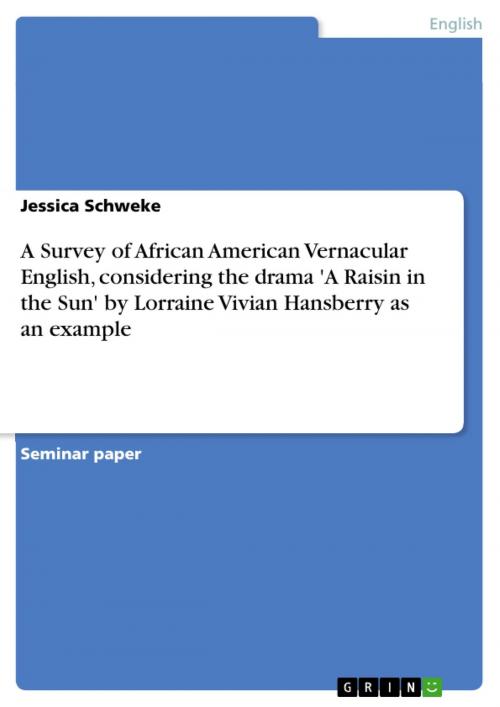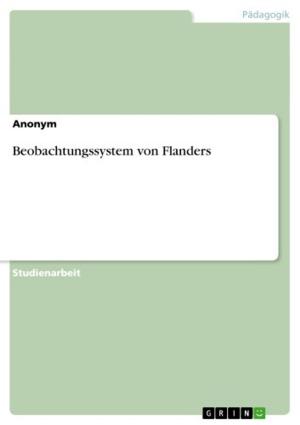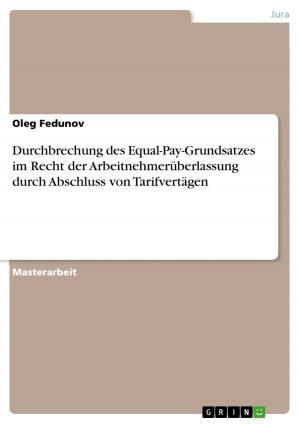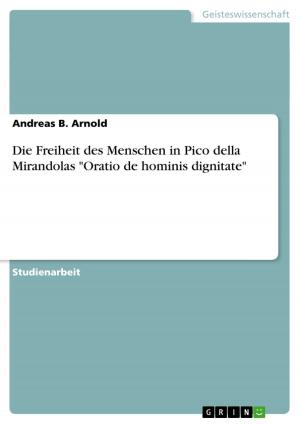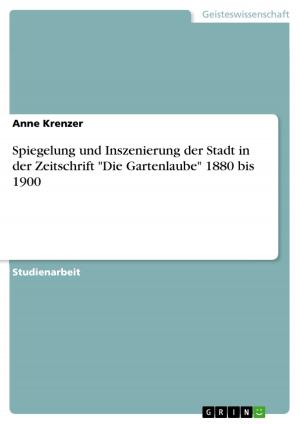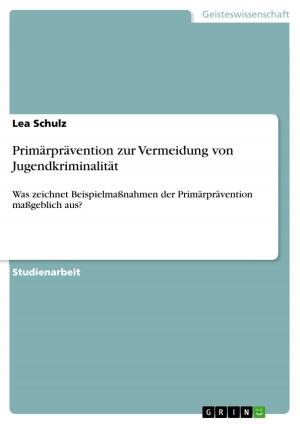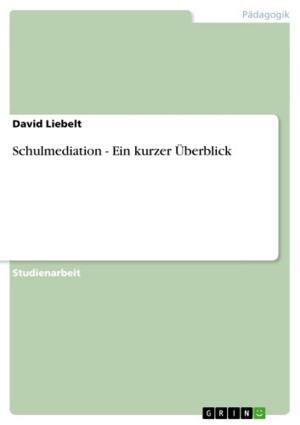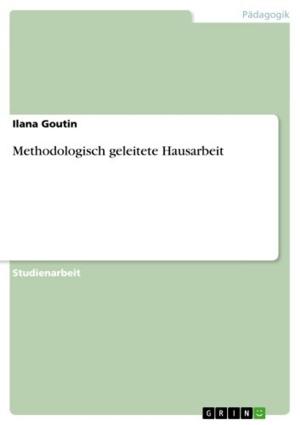A Survey of African American Vernacular English, considering the drama 'A Raisin in the Sun' by Lorraine Vivian Hansberry as an example
Nonfiction, Entertainment, Drama, Anthologies| Author: | Jessica Schweke | ISBN: | 9783638590662 |
| Publisher: | GRIN Verlag | Publication: | January 12, 2007 |
| Imprint: | GRIN Verlag | Language: | English |
| Author: | Jessica Schweke |
| ISBN: | 9783638590662 |
| Publisher: | GRIN Verlag |
| Publication: | January 12, 2007 |
| Imprint: | GRIN Verlag |
| Language: | English |
Seminar paper from the year 2006 in the subject American Studies - Linguistics, grade: 1,7, Ernst Moritz Arndt University of Greifswald, course: 'Varieties and Variability of English' - Proseminar 'English as a World Language', 11 entries in the bibliography, language: English, abstract: This paper will give an overview of some distinctive features of African American Vernacular English. Since drama in general aims to demonstrate everyday speech, I will also give evidence from the drama 'A Raisin in the Sun' by Lorraine Vivian Hansberry from 1959. This will underline these features as well as their use and show their practicability in speech. Generally speaking, the term vernacular describes a variety of speech which is often analyzed in contrast to the Standard of a language and which is used by a certain group of speakers. The term African American Vernacular English (AAVE) thus describes a dialect used by African Americans. In course of time this variety has also been called 'Black Vernacular English, Vernacular Black English, Black English Vernacular, Afro-American English, or simply Black English'. (Crystal 2003: 491) The African American Vernacular is a variety of the English language that 'has set phonological (system of sounds), morphological (system of structure of words and relationship among words), syntactic (system of sentence structure), semantic (system of meaning) and lexical (structural organization of vocabulary items and other information) patterns'. (Green 2002: 1) In the course of this term paper I will take a closer look at these patterns. However, it has to be kept in mind that even though these features are characteristics of the African American speech variety, not every African American uses this variety. Additionally, some speakers use certain features more often than others, depending on the speaker's age, social status, the situation of communication or the person they hold a conversation with. Belonging to the African American speech community does not imply using all features all of the time.
Seminar paper from the year 2006 in the subject American Studies - Linguistics, grade: 1,7, Ernst Moritz Arndt University of Greifswald, course: 'Varieties and Variability of English' - Proseminar 'English as a World Language', 11 entries in the bibliography, language: English, abstract: This paper will give an overview of some distinctive features of African American Vernacular English. Since drama in general aims to demonstrate everyday speech, I will also give evidence from the drama 'A Raisin in the Sun' by Lorraine Vivian Hansberry from 1959. This will underline these features as well as their use and show their practicability in speech. Generally speaking, the term vernacular describes a variety of speech which is often analyzed in contrast to the Standard of a language and which is used by a certain group of speakers. The term African American Vernacular English (AAVE) thus describes a dialect used by African Americans. In course of time this variety has also been called 'Black Vernacular English, Vernacular Black English, Black English Vernacular, Afro-American English, or simply Black English'. (Crystal 2003: 491) The African American Vernacular is a variety of the English language that 'has set phonological (system of sounds), morphological (system of structure of words and relationship among words), syntactic (system of sentence structure), semantic (system of meaning) and lexical (structural organization of vocabulary items and other information) patterns'. (Green 2002: 1) In the course of this term paper I will take a closer look at these patterns. However, it has to be kept in mind that even though these features are characteristics of the African American speech variety, not every African American uses this variety. Additionally, some speakers use certain features more often than others, depending on the speaker's age, social status, the situation of communication or the person they hold a conversation with. Belonging to the African American speech community does not imply using all features all of the time.
